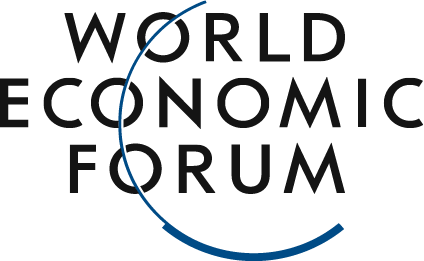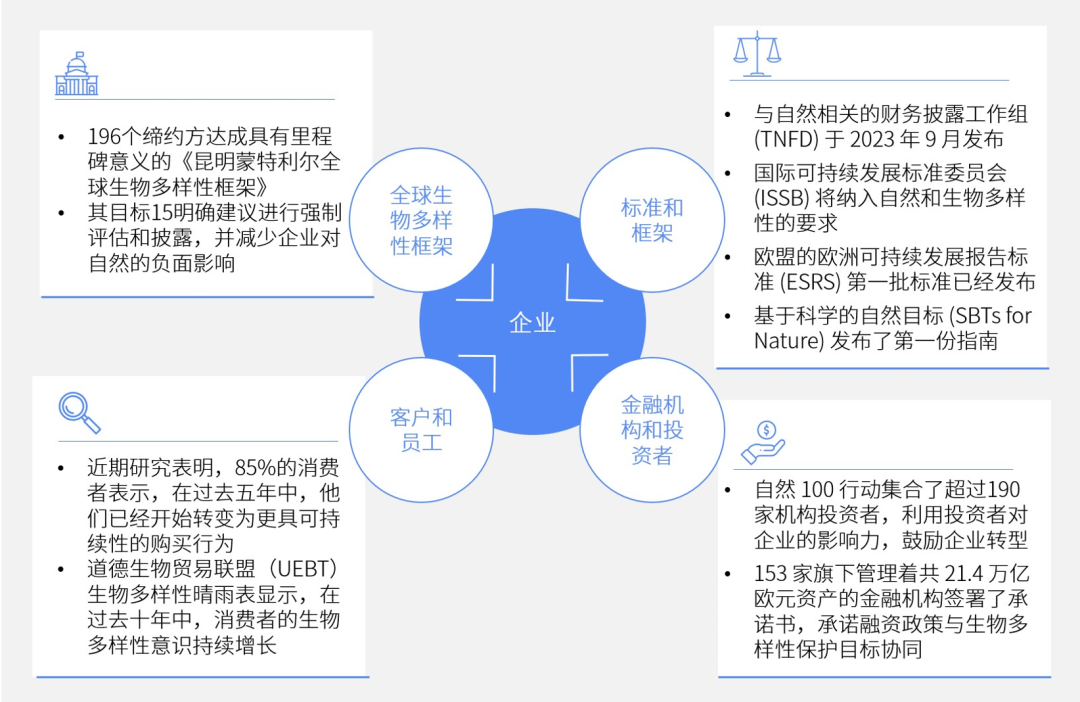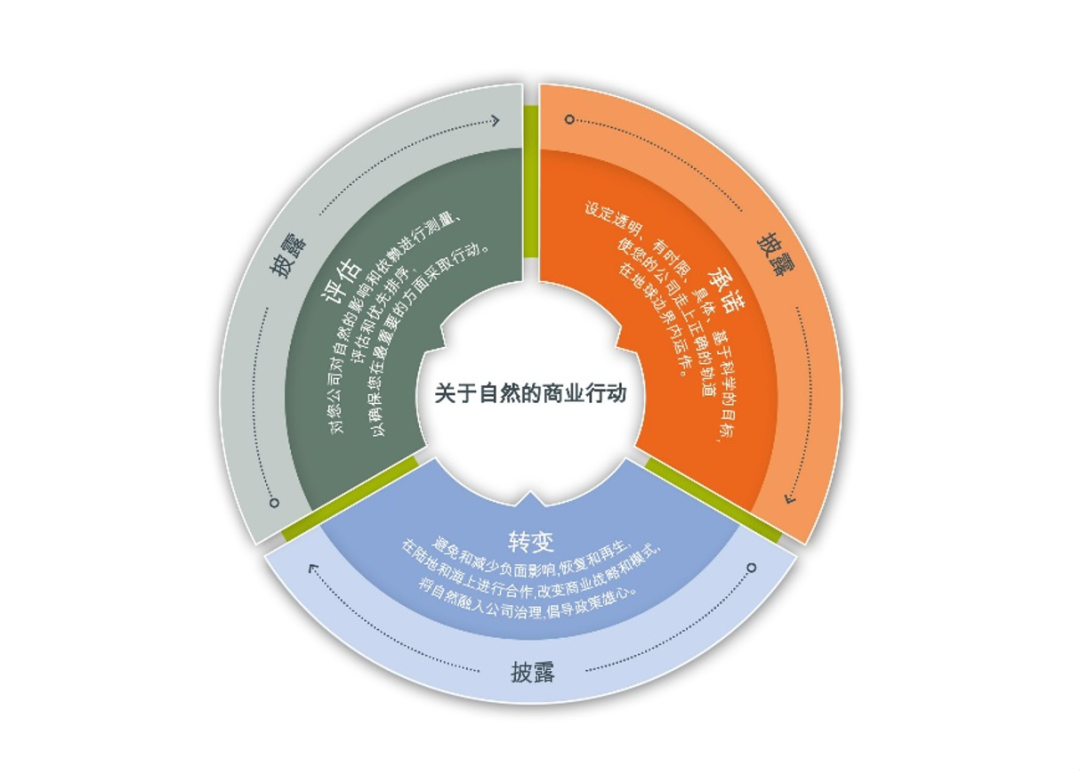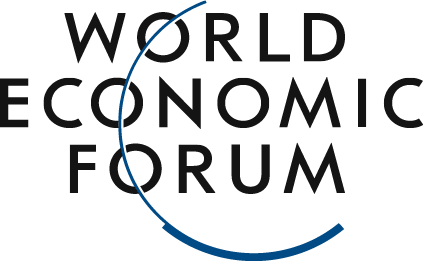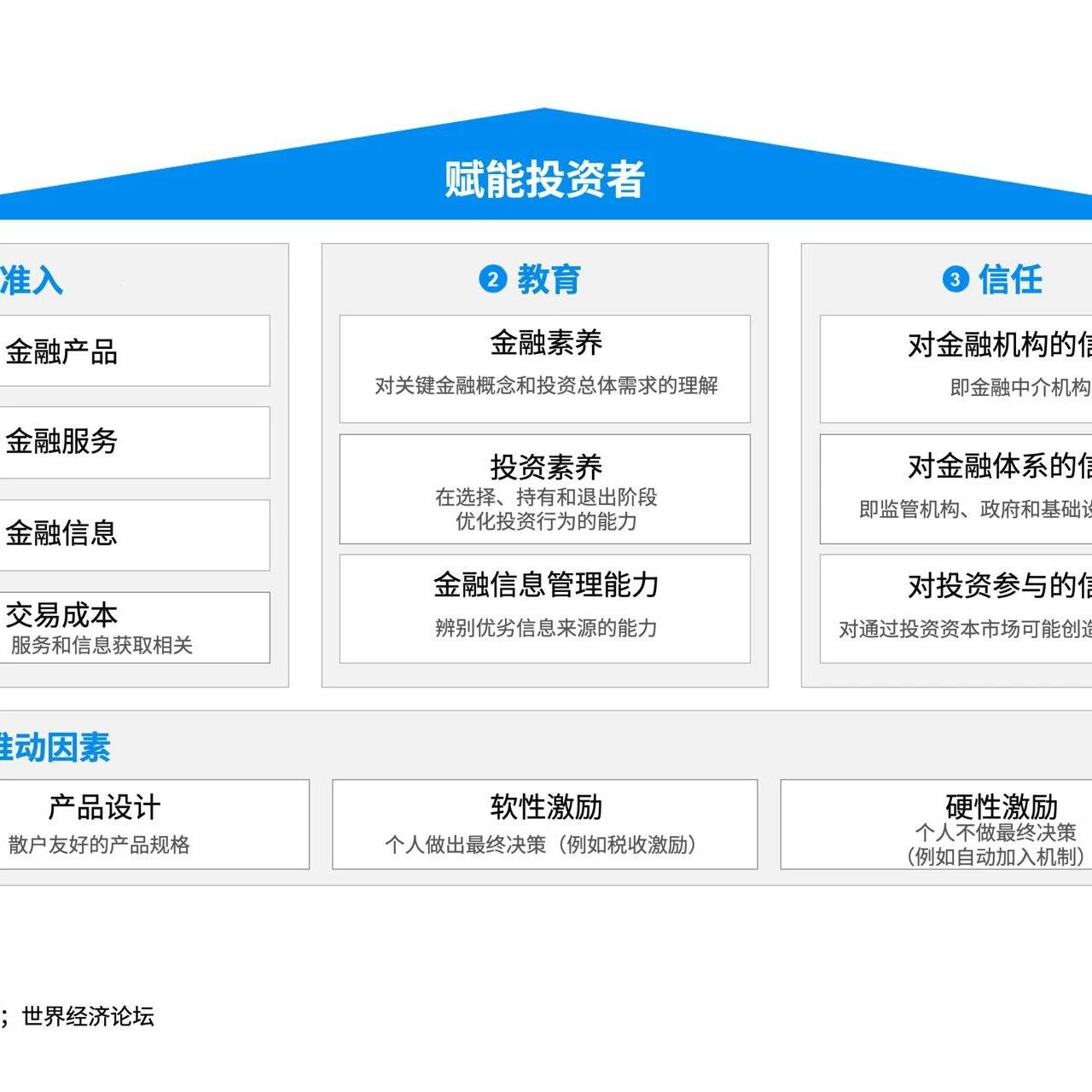Image source: Alenka Skvarc/Unsplash
Hu Yue
Head of the Greater China Region for the World Economic Forum's Nature Action Agenda Initiative
The agenda to tackle the challenge of biodiversity loss is rapidly gaining momentum globally, poised to emerge as the next "climate" issue. International conventions and organizations, along with an increasing number of governments, business leaders, employees, and consumers, are calling on companies and financial institutions to take action and support the implementation of the global biodiversity framework.
With the introduction and refinement of relevant regulations, the establishment and growing convergence of industry standards, and the rising expectations from investment institutions, companies that demonstrate higher levels of natural and biodiversity management are increasingly likely to gain favor in an increasingly demanding market.
As a critical link in the global value chain, the direction and development model of China's economic sectors will significantly shape the future of related industries worldwide. How to achieve coordinated growth while ensuring environmental protection is a key practical approach that China's major economic sectors are actively exploring as part of their ecological civilization initiatives—aligning closely with the nature-based transformation efforts being advanced by the international community.
It cannot be overlooked that "nature-based action" is more complex and less mature compared to "climate action." With only six years remaining until 2030, collaboration—both within and across industries, as well as among multiple stakeholders—is the key to defining clear action pathways and accelerating the transition process.
Nature and biodiversity bring immense joy to our lives: the fresh greenery of spring, the vibrant hues of autumn leaves, a little swallow pausing under the eaves during a summer rain, or the breathtaking silver-white expanse that greets us through the window after a winter snowfall. Yet, the global state of nature and biodiversity is now critically endangered—up to one million species are currently at risk of extinction, many of which could vanish within the next few decades.Beyond a sigh, many may assume that biodiversity loss is merely an issue for scientists, international organizations, and governments to monitor and address. Yet little do they realize that this alarming trend threatens to push the very natural ecosystems—crucial for human survival and prosperity—toward collapse. As a result, the food we might have wasted just one meal ago and the water we casually poured down the drain could soon become far more elusive than ever before.May 22 marks International Biodiversity Day. As a "newcomer" who has only been working in the biodiversity field for three years, I’d like to share some thoughts on this special day. These ideas have emerged collaboratively with colleagues and partner organizations as we advance the global transition toward nature-positive solutions—and I hope they’ll inspire industry professionals who are exploring how to drive greener development in a more systematic way.Natural Action is rapidly gaining momentum worldwide, steadily emerging as the next major climate issue.In December 2022, 196 parties reached an agreement to adopt the Kunming-Montreal Global Biodiversity Framework—commonly referred to as the "Kunmon Framework"—during the second phase of the 15th Conference of the Parties to the United Nations Convention on Biological Diversity. Against this backdrop, the growing importance of nature and biodiversity issues is already beginning to ripple across industries worldwide, driven by grassroots advocacy from civil society, regional legal frameworks, and specialized industry standards. Much like how the Paris Agreement and China’s “Dual Carbon Goals” have reshaped various sectors, the Kunmon Framework is widely anticipated to play a pivotal role in steering global key economic areas toward practices that are increasingly beneficial for both nature and biodiversity.Image source:Nature Positive: Role of the Chemical Sector insight report
As we mark the second International Day for Biodiversity since the adoption of the Kunming-Montreal Global Biodiversity Framework, China has updated and released the "China Biodiversity Conservation Strategy and Action Plan 2023–2030," placing "Businesses and Biodiversity" as a priority action. This initiative aims to encourage businesses to integrate biodiversity-related information into their environmental disclosure and reporting practices. The document will serve as the "1" in China's overarching "1+N" biodiversity conservation strategy, guiding sectors such as resources, energy, industry, urban and rural development, transportation, agriculture, and rural areas—as well as specific industries—to develop tailored biodiversity management plans, which together form the "N" component of the "1+N" framework.
The EU’s Corporate Sustainability Reporting Directive (CSRD), which came into effect in January 2023, mandates that large enterprises, listed companies, and non-EU firms operating in Europe with revenues exceeding €150 million assess and report on their impacts to, as well as dependencies on, nature and biodiversity—using standardized criteria.
In April 2024, three major Chinese stock exchanges, including the Shanghai Stock Exchange, jointly issued self-regulatory guidelines for listed companies regarding sustainability reporting. These guidelines include several provisions addressing ecological conservation and biodiversity requirements. The guidelines took effect on May 1 of this year, requiring sample companies from indices such as the SSE 180 and the STAR 50, as well as firms simultaneously listed both domestically and internationally, to disclose their first-ever "Sustainability Report" covering fiscal year 2025 by no later than 2026.As relevant regulations evolve, standards are established and harmonized, and investor expectations rise, companies that demonstrate higher levels of biodiversity governance are increasingly likely to gain favor in an increasingly demanding marketplace.Key economic sectors and businesses embark on a journey of natural action.How should businesses start taking action on complex issues related to nature and biodiversity? Internationally, several organizations have jointly developed the "ACT-D," a business action framework for nature, which outlines four key steps for companies to follow: Assess, Commit, Transform, and Disclose. Building on this framework, the Business for Nature Alliance has released a Natural Strategy Handbook, offering guiding questions and tailored recommendations to help organizations craft nature-focused strategies. Several global companies, including GSK and Holcim, have already implemented nature-related strategies of their own.Image source:The Natural Framework for Business Action
Different economic sectors have both distinct and interconnected impacts on nature. For instance, the agriculture and food industry significantly affects natural ecosystems and biodiversity—primarily through heavy freshwater consumption and land-use changes—but the chemical industry’s most notable impact stems from pollution and chemical spills. Meanwhile, as industries transition toward cleaner energy sources, water resource use and land conversion could emerge as critical factors influencing the energy sector’s effects on nature and biodiversity.
Ultimately, the impacts of all industries are driven by five major forces behind biodiversity loss: changes in land and ocean use, overexploitation of biological resources, climate change, pollution, and the spread of invasive alien species. To achieve a nature-positive transformation, businesses must fundamentally shift their production and operational practices to minimize negative impacts—and even enhance positive ones—in these five key areas.
As the world’s second-largest economy with robust industrial and manufacturing capabilities, China’s transformative efforts in the business and industry sectors will play a leading and pivotal role in advancing the implementation of the Kunming-Montreal Global Biodiversity Framework. China’s chemical industry boasts the highest sales globally, accounting for more than 40% of the global market; it is also currently the world’s largest producer of cement, producing over 50% of the world’s total output. Meanwhile, in the beauty and personal care sector, China already ranks as the second-largest market worldwide—and by 2025, its market size in this area is projected to reach $78 billion.In September 2023, the World Economic Forum, in collaboration with several institutions, jointly released the first series of reports under the "Nature-Positive Transformation for Business and Industry" initiative. These reports outline action frameworks for 12 key sectors, helping top corporate leaders and investors plan ahead while empowering companies to set and achieve goals related to nature and biodiversity. Notably, action guides for seven industries—including chemicals, cement and concrete, as well as household and personal care products—have already been translated into Chinese. We look forward to these guides inspiring leading Chinese enterprises to take the initiative and start making meaningful progress today.When it comes to nature-positive transformation, many people naturally think of industries that directly engage with nature—such as agriculture, forestry, animal husbandry, and fisheries. However, other sectors—including those that influence nature and biodiversity significantly through their supply and value chains, or by investing in the real economy—are equally critical. That’s why, in the ongoing second phase of its research, the World Economic Forum’s Nature Team is collaborating with partner organizations to explore actionable blueprints for industries like finance and investment, mining and metals, automotive, offshore wind power, and ports.A six-year commitment with a 2030 deadlineWith just six years remaining until 2030—the deadline for achieving the UN’s Sustainable Development Goals and the short-term targets outlined in the Kunming-Montreal Global Biodiversity Framework—financial institutions and businesses can no longer afford to wait and see. Instead, "learning by doing" is the smarter approach. This strategy not only helps organizations safeguard themselves and proactively mitigate the growing risks associated with biodiversity loss but also equips them to prepare for upcoming mandatory regulations—and even seize new business opportunities that may arise as companies pivot toward nature-based solutions.Many of the industry-related companies mentioned earlier have already participated in research projects. During our conversation, we were pleasantly surprised to learn that nearly all the company representatives deeply understand: Nature provides humanity with an irreplaceable foundation for survival and development—through essentials like food, water, and a wide range of renewable and non-renewable resources—while at the same time, virtually every aspect of daily life and economic activities can potentially have negative impacts on the natural world.No transformation happens overnight, and early adopters will inevitably face even greater challenges. Yet, it’s precisely this somewhat painful initial phase that creates opportunities for new industry leaders to emerge. Driving industry-wide transformation requires not only corporate action but also robust policy support, updated investor strategies, shifting consumer behaviors, and the continuous advancement of advocacy efforts."Transformation" shouldn't be merely about expecting others—only when every individual who can make decisions for themselves or their organizations takes action, can we pave the way toward a future where humans coexist harmoniously with nature.
Feel free to share this on WeChat Moments; please leave a comment below the post if you’d like to republish.
The World Economic Forum is an independent and neutral platform dedicated to bringing together diverse perspectives to discuss critical global, regional, and industry-specific issues.
Follow us on Weibo, WeChat Video Accounts, Douyin, and Xiaohongshu!
"World Economic Forum"
